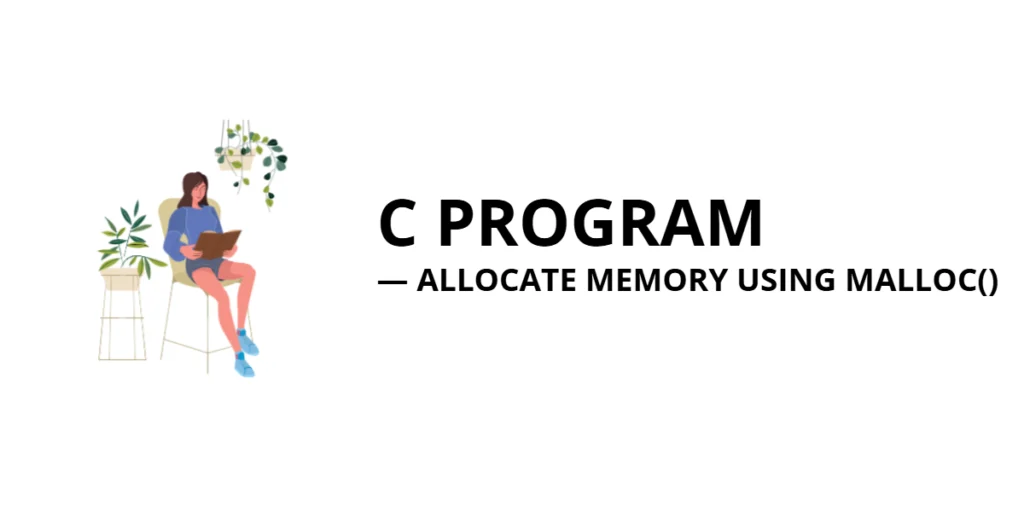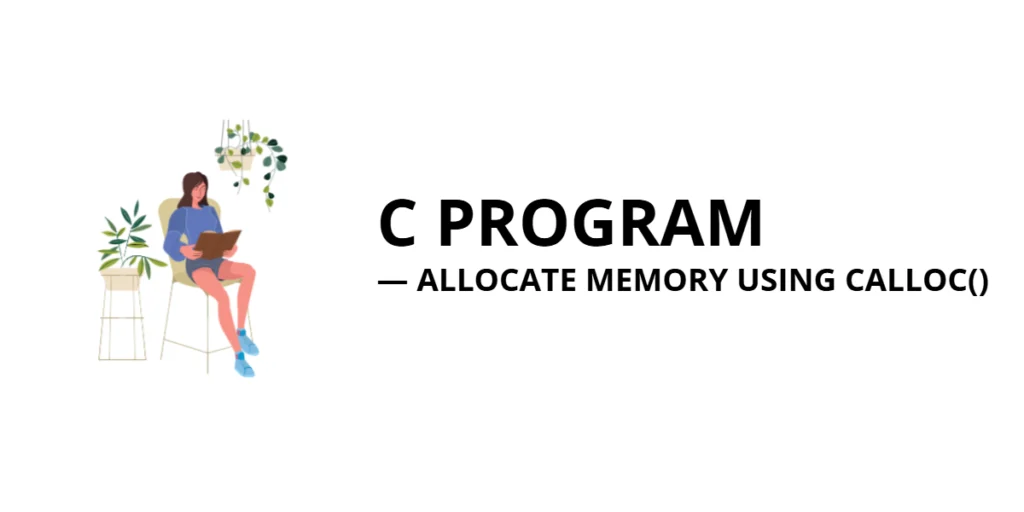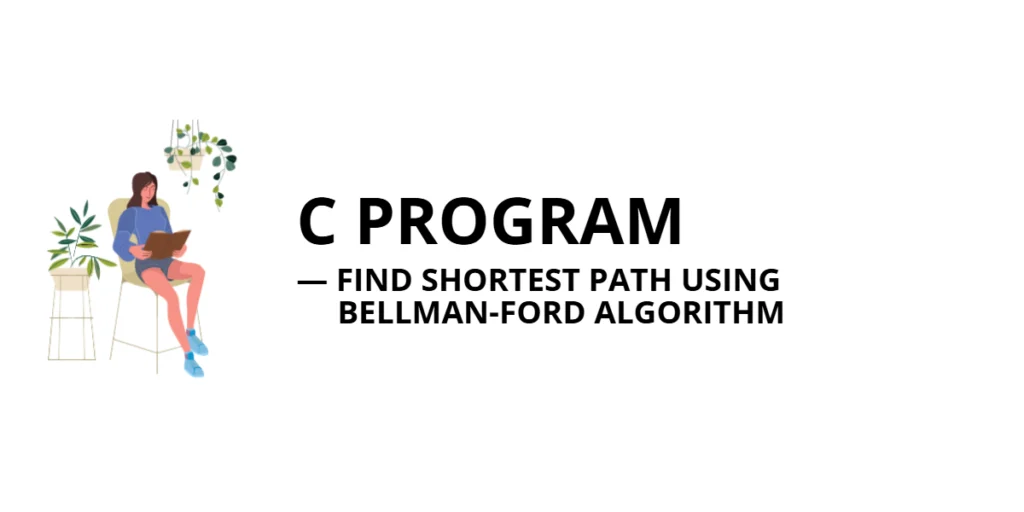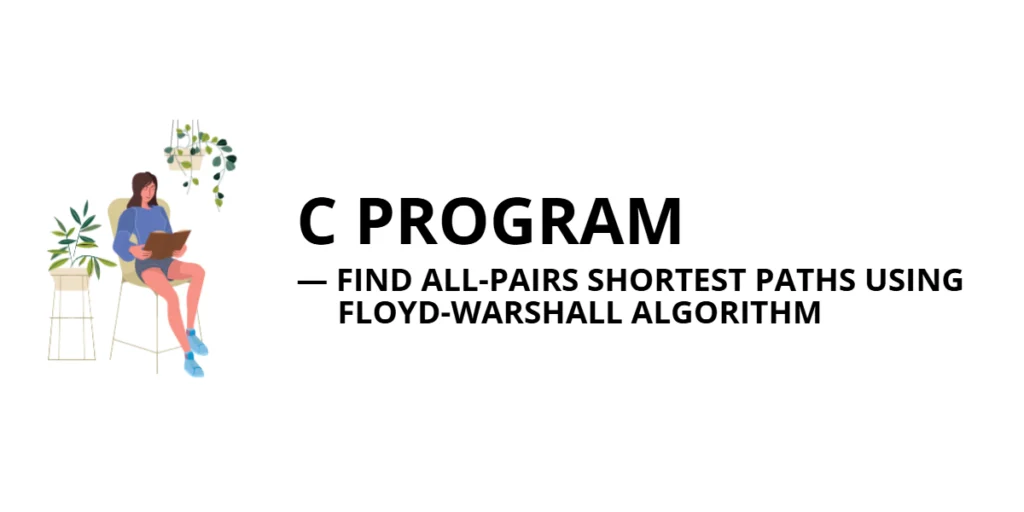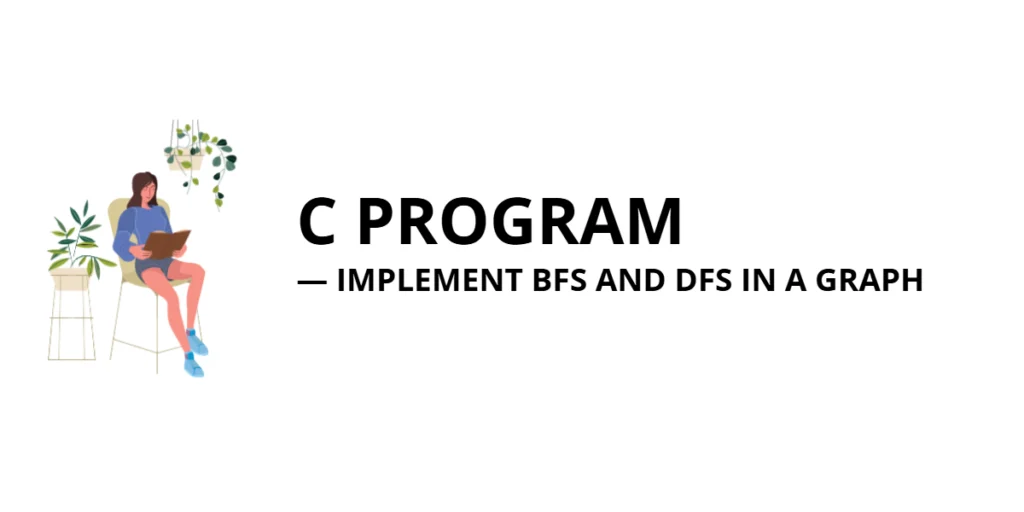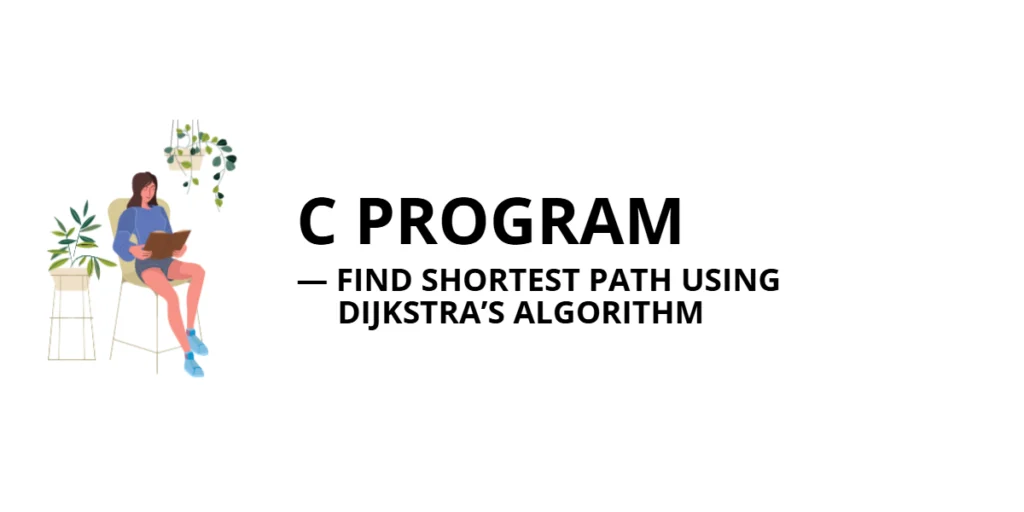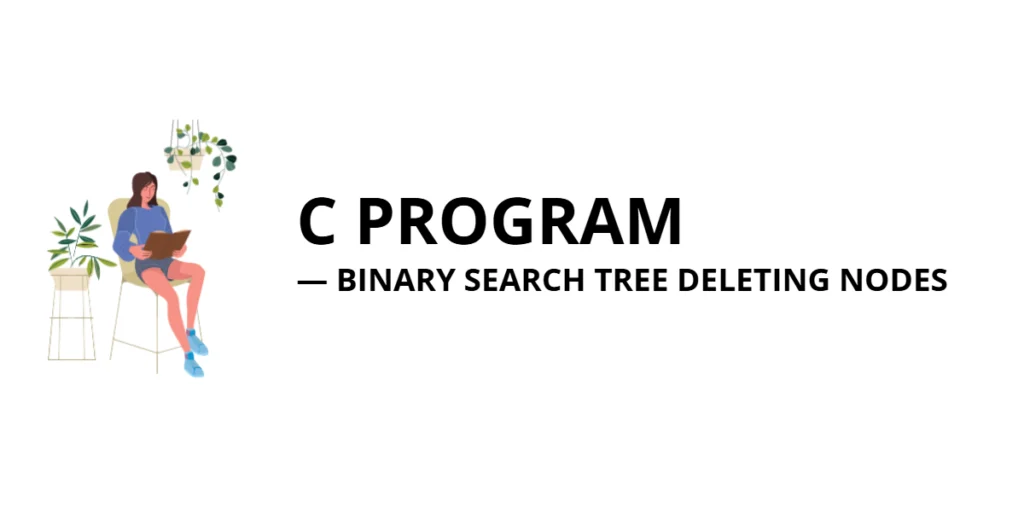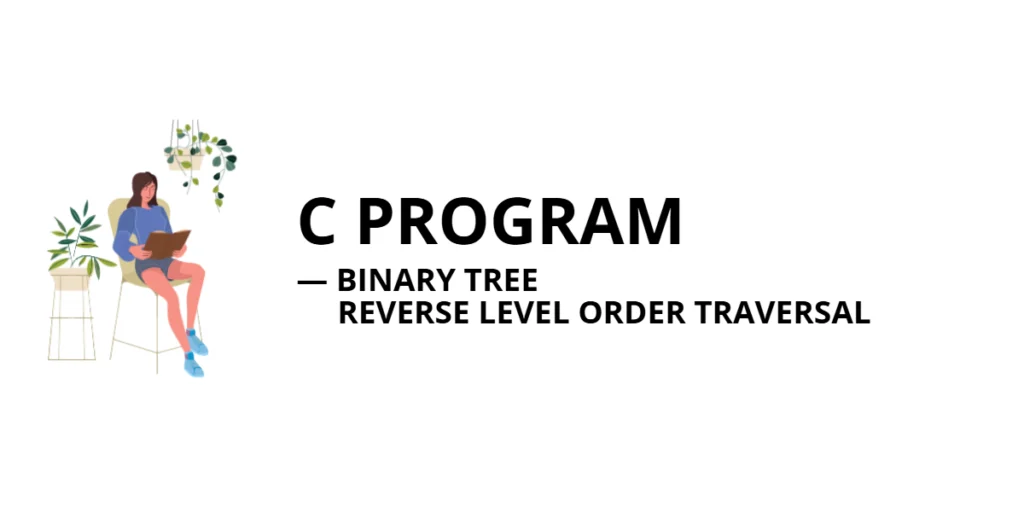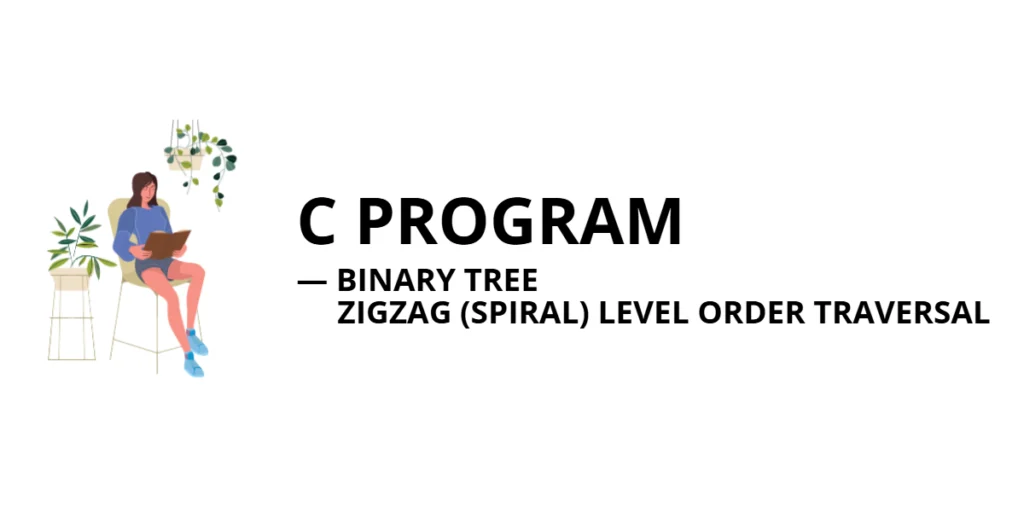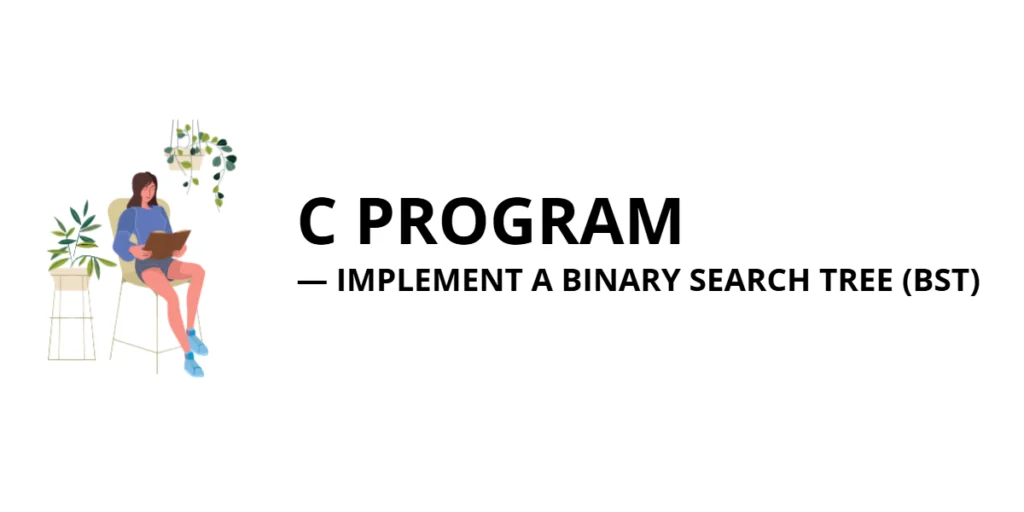C Program to Dynamically Allocate Memory Using malloc()
In C programming, memory can be allocated in two ways: statically and dynamically. Static memory allocation reserves memory at compile time, while dynamic memory allocation allows the program to request memory at runtime. Dynamic allocation is especially useful when the size of the data is not known in advance. The malloc() function is part of […]
C Program to Dynamically Allocate Memory Using malloc() Read More »
